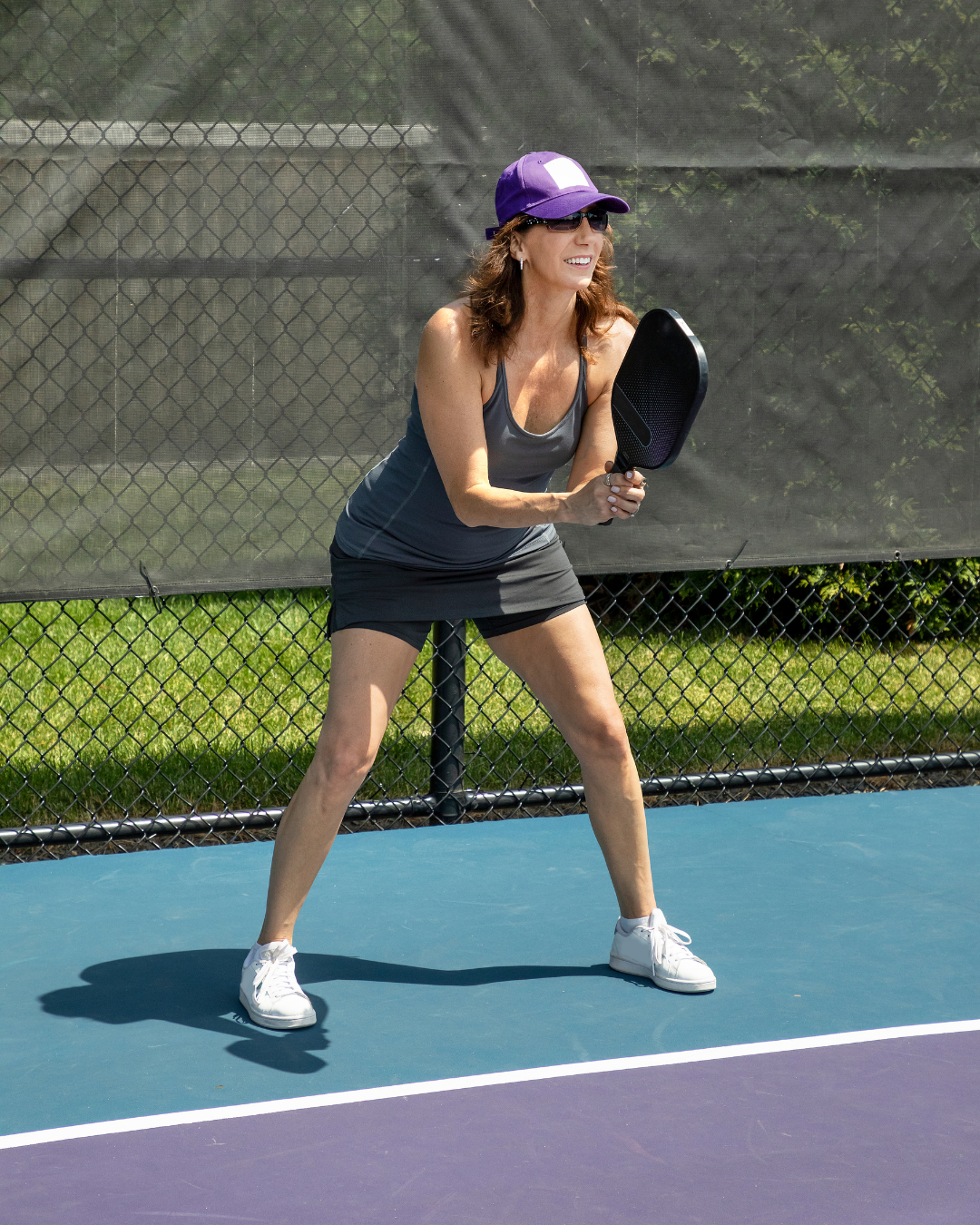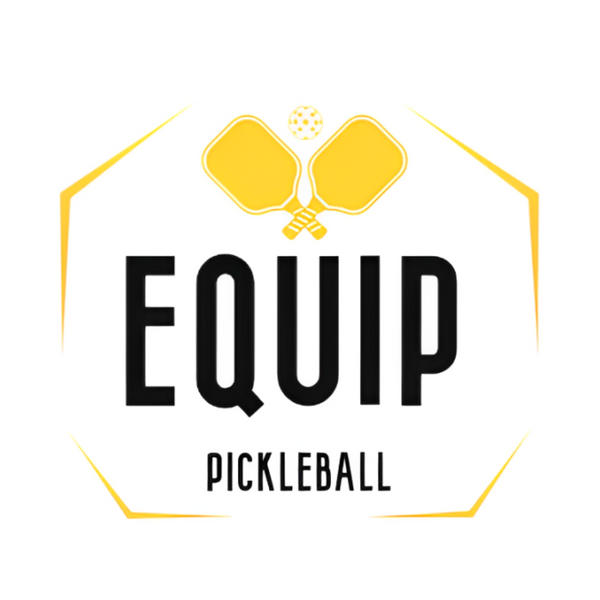
Intermediate Pickleball Strategies & Drills
Share
Level Up Your Game: Intermediate Pickleball Strategies and Drills
Congratulations on reaching the intermediate level! Now that you've mastered the basics, it's time to refine your skills and develop more advanced strategies.
This guide will introduce you to tactics that will elevate your game and provide drills to help you practice these new techniques.
Key Strategies for Intermediate Players:
Third Shot Drop
- Technique for executing a soft, low shot after the return of serve
- When to use the third shot drop vs. a drive
- Drill: Third shot drop practice from various court positions
Kitchen Control
- Importance of controlling play at the non-volley zone
- Dinking strategies to outmaneuver opponents
- Drill: Dink battles with a partner, focusing on placement and patience
Offensive Lobs
- When and how to use lobs as an offensive weapon
- Technique for executing effective lobs
- Drill: Target practice for lob accuracy
Poaching in Doubles
- Understanding when to poach
- Communication with your partner
- Drill: Poaching reaction drills with a partner
Shot Selection and Placement
- Choosing the right shot for different situations
- Aiming for your opponent's weak spots
- Drill: Multi-shot sequences focusing on strategic placement
Spin Shots
- Introduction to topspin and backspin
- When to use different types of spin
- Drill: Spin shot practice, focusing on control and placement
Intermediate Practice Routine:
- 15 minutes of third shot drop practice
- 15 minutes of dinking and kitchen control drills
- 10 minutes of offensive lob practice
- 10 minutes of poaching drills (for doubles players)
- 20 minutes of game scenarios focusing on shot selection and placement
- 20 minutes of practice games implementing new strategies
Explore our Pickleball Fitness and Training guide.
Pro Tips for Intermediate Players:
- Record and analyze your matches to identify areas for improvement
- Develop a pre-game warm-up routine to ensure you're ready to play your best
- Practice with purpose – set specific goals for each training session
- Start learning about more advanced strategies like stacking in doubles
